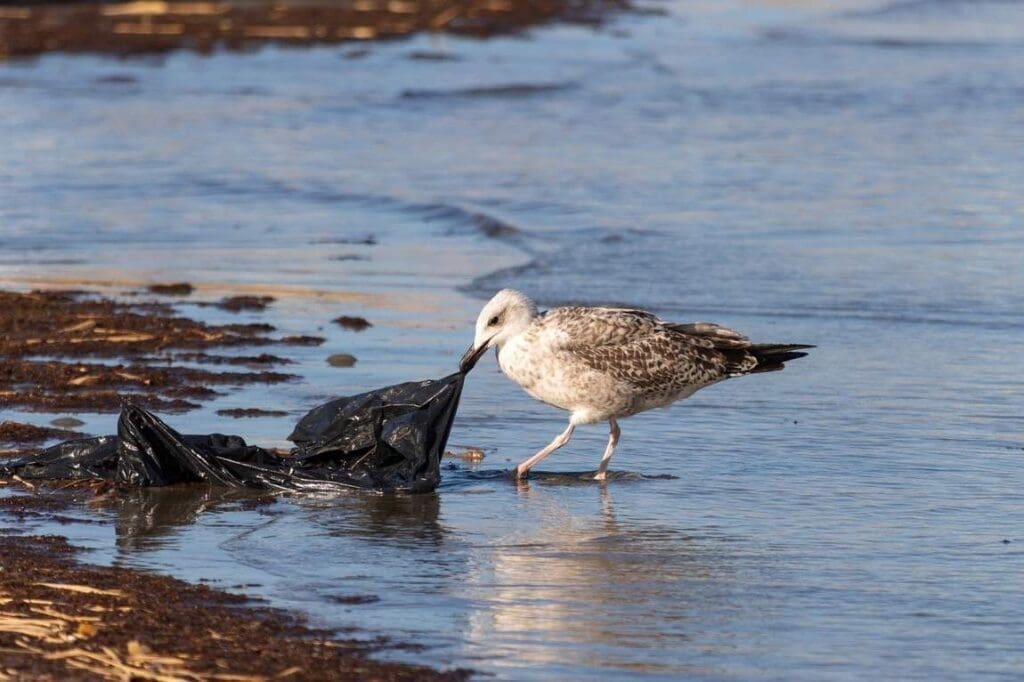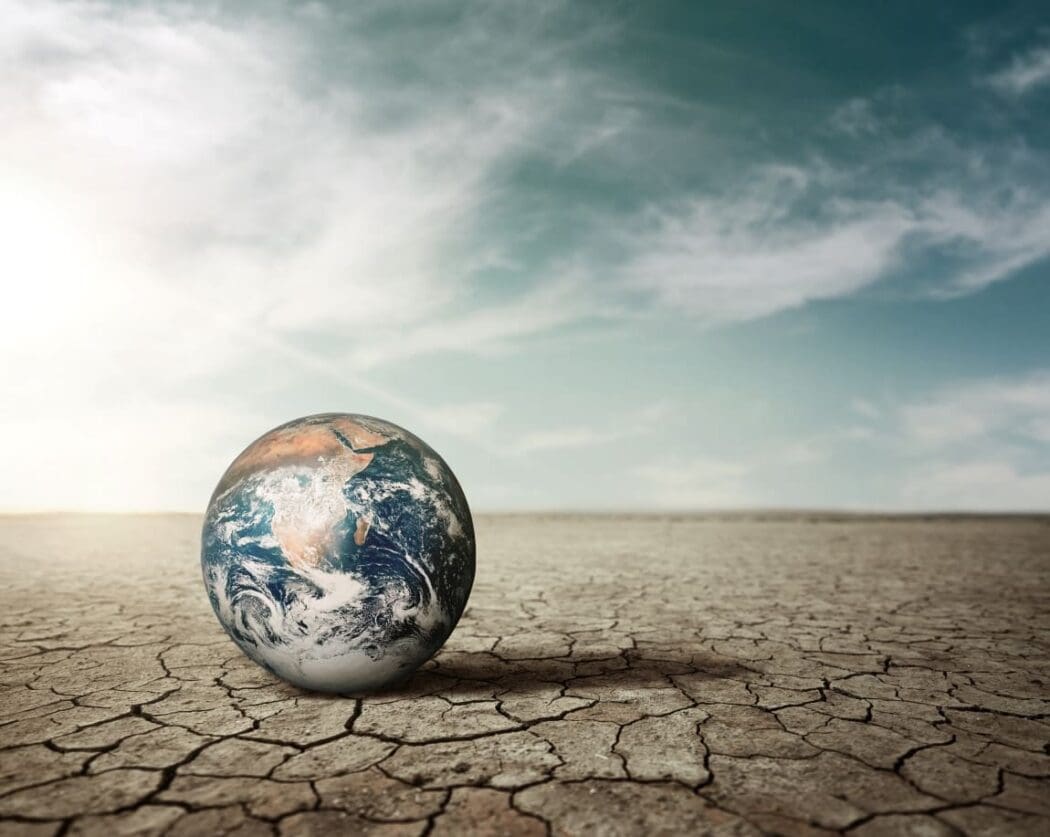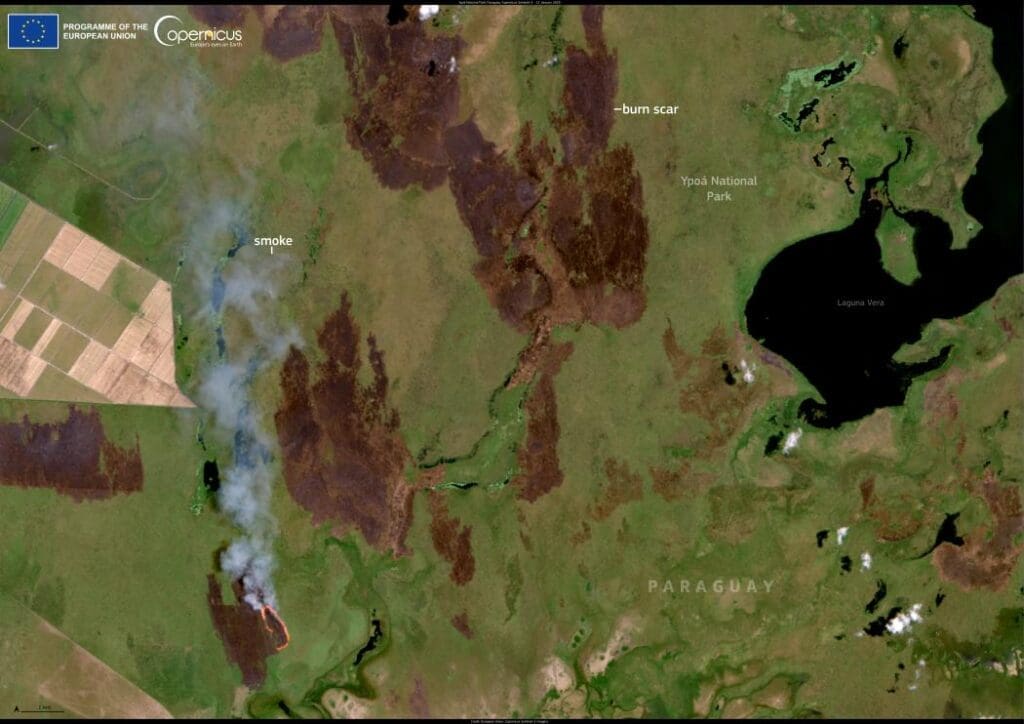Climate change is coming… but what on Earth can we do about it? Scientist Dr. Kimberley Miner has written a guide to riding out the oncoming almighty storm.
Miner is an Earth scientist whose research includes studying the changing Poles of Earth, the Arctic’s melting permafrost, forever chemicals and plastic pollution. Her new book ‘Considering Climate Change’ provides practical guidance for young people concerned about the future.
She poses questions like how to deal with eco-anxiety and climate-grief, how to prepare financially, whether to have children, what to do about plastic pollution, and how to eat and live sustainably.
And while Miner doesn’t pull punches about the state of the planet, she offers readers a path through to a more liveable future. She draws evidence and gives advice on topics across the spectrum of daily life – from avoiding toxic chemicals in bottled water and reducing plastic use, to warnings around nuclear weapons testing.
Miner writes: “Imagine the planet you live on was changing irrevocably. And you knew. And so, you told everyone (obviously). But no one listened. Not only did they not listen, but they also armed themselves against you – seeking to prove that you were crazy and unreliable. That’s what it is like to be a climate scientist in the 20th and 21st centuries. The goal of this book is to provide a framework for how to think about planning your life during a time of significant climate change.

“We must do more than just have ‘hope’ for the future. We must all find it in ourselves to do the hard things – because we know we are worth it. This planet is worth it. Hearing the birds sing at sunrise each day is worth it. And that is what is on the line.
“It is time to take action and have a plan for the future.”
On healing climate grief, Miner advises noticing and naming what you are feeling, letting yourself feel it, accepting that it is normal and common, and then taking action. On housing, Miner suggests considering climate change when choosing accommodation: is a retrofitted old building right for you, or would a new build erected with climate risks in mind be better? On finances, Miner urges us to try to save money, warning of upcoming uncertainties. Where we can, we should invest in or buy products which align with our values.
In perhaps the most poignant chapter of the book, Miner addresses one of the most difficult questions: in light of what we know, should young people plan to have children? Careful not to be dogmatic or directive, Miner takes a microscope to the issue. She writes:
“In 2023, when I started this chapter, numerous ecosystems were already on the verge of collapse. As I finish it in 2024, I am constantly thinking about whether we have passed critical ecosystem tipping points across the world- with unknown negative consequences. That makes me very concerned about what the future will look like for children born in the decades after this writing.
“The climate crisis is causing many to examine their plans for children – and their ability to give those children a world where they can flourish.
“When we consider and envision the future, I challenge us not to hold tight to the doomsday images of endless deserts, abandoned children and sterile shopping malls. What if instead we envisioned flower-covered alleyways, clear rivers through cities, wilderness areas protected and free, and species of all kinds and niches thriving with their families. The challenge to us now, today, at this moment in history, is to dream better.”
More information:
Book Title: ‘Considering Climate Change’ (1st edition)
DOI: 10.4324/9781003376323
Publisher: Taylor & Francis Group / Routledge (2025) | 10 chapters, 94 p.
ISBN: Paperback: 9781032452999 | Harback: 9781032452982 | eBook: 9781003376323
Article Source:
Press Release/Material by Taylor & Francis Group
Featured image credit: Freepik




